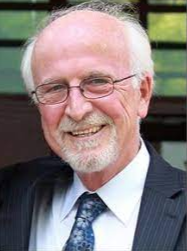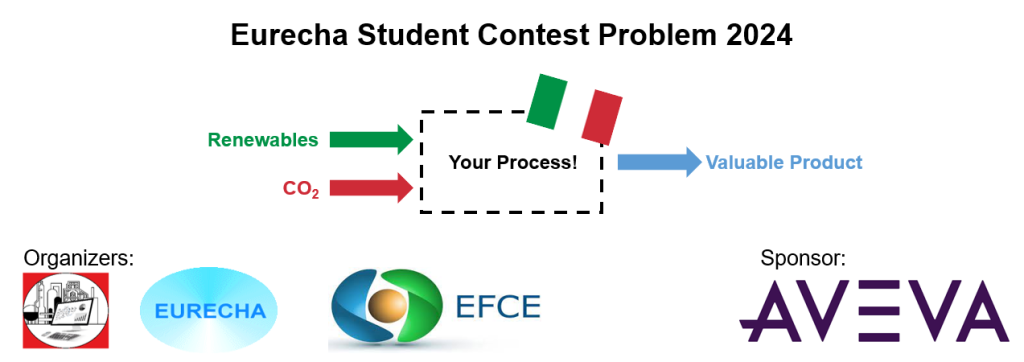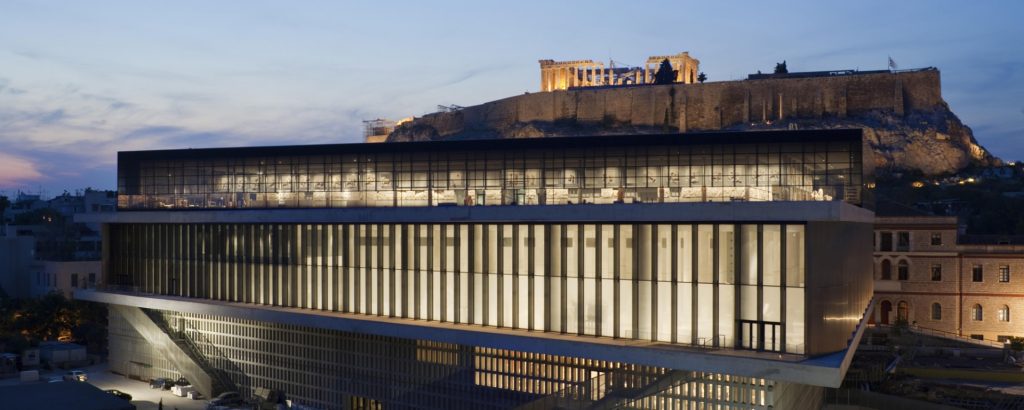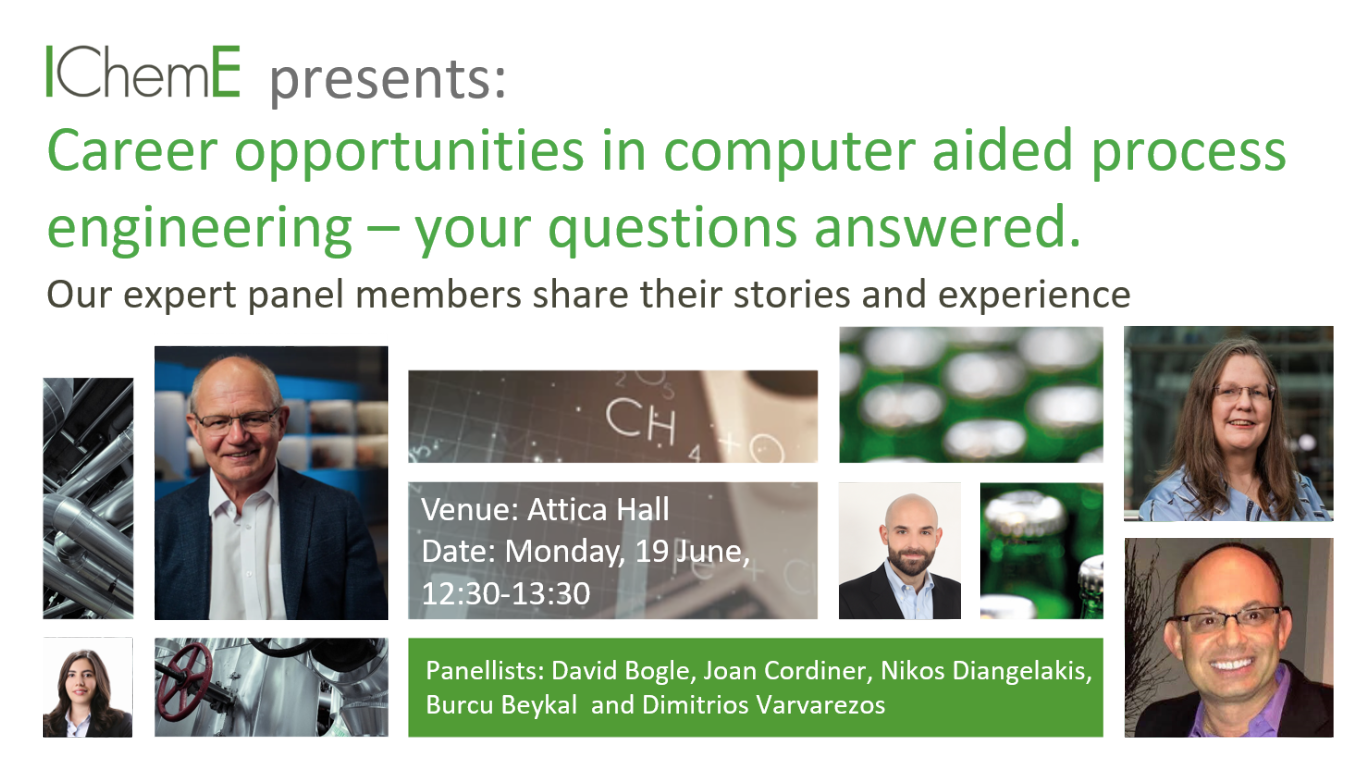
Hands-on Workshop on Steady-State Process Simulation
“Flowsheeting comes to an age – a hands-on tour of commercial, free downloads, and low budget software”
Process simulation is used widely by the chemical process industry and researchers are expected to possess simulation skills and adequate knowledge of the software choices available. At the university software options are difficult to discuss even though choices of software packages continue to increase, both as commercial as well as open-source software.
The workshop offers an overview of commercial software with an aim to equip participants on how to simulate an integrated process flowsheet, and to interpret results correctly. UniSim Design is used as a basis to explain the concept of sequential modular approach that is covered in the workshop and is applicable to most commercial process simulation.
Targeted participants: chemical engineers (including PhD students and postdoctoral researchers). University email ID is necessary for software use.
There is a maximum capacity for the event. Participants need to register in advance using the registration link. The workshop is mainly offered for research students. Other volunteers and MEng students may attend on a first-come first-serve basis provided that we have spare places and that they register in advance.
- Registration Link: https://era.eventsair.com/escape-33/workshops
- Number of pax: 30
- Date: 18 June 2023 (Sunday)
- Time: 10:00 am-3:00 pm
- Registration deadline: 12 June 2023
|
Time |
Agenda |
| 9:30 am | Welcoming & introduction |
| 9:45 | Overview of commercial software – Aspen HYSYS, UniSim Design, SuperPro Designer, DESIGN II for Windows, PRO/II |
| 10.10 | Introduction to steady state process simulation – sequential modular approach; process synthesis model for process simulation |
| 10:40 | Base case development with UniSim Design |
| 11:30 | Simulation of separation processes |
| 12:00 pm | Lunch break |
| 1:00 | Simulation of recycle systems |
| 2:00 | Simulation of heat recovery system |
| 3:00 | End |
Instructor
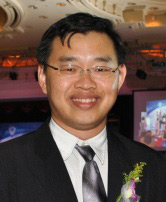
Professor Dominic Foo is a Professor of Process Design and Integration at the University of Nottingham Malaysia. He is a Fellow of the Institution of Chemical Engineers (IChemE), Fellow of the Academy of Sciences Malaysia (ASM), Fellow of the Institution of Engineers Malaysia (IEM), Chartered Engineer (CEng) and Professional Engineer (PEng), ASEAN Chartered Professional Engineers (ACPE), as well as the Past President for the Asia Pacific Confederation of Chemical Engineering (APCChE). He is top 2% world-renowned scientist according to Stanford List, working in process integration for resource conservation and CO2 reduction. Professor Foo is an active author with 10 books, including a newly published process simulation textbook with Elsevier/IChemE – Chemical Engineering Process Simulation. He published more than 200 journal papers and made more than 240 conference presentations, with more than 30 keynote/plenary speeches. He also published eight books, including one on process simulation. Professor Foo is the Editor-in-Chief for Process Integration and Optimization for Sustainability (Springer Nature), Subject Editor for Process Safety & Environmental Protection (Elsevier), and editorial board members for several other renowned journals. He is the winners of the Innovator of the Year Award 2009 of IChemE, Young Engineer Award 2010 of IEM, Outstanding Young Malaysian Award 2012, Outstanding Asian Researcher and Engineer 2013 (Society of Chemical Engineers, Japan), and Top Research Scientist Malaysia 2016 (ASM).

